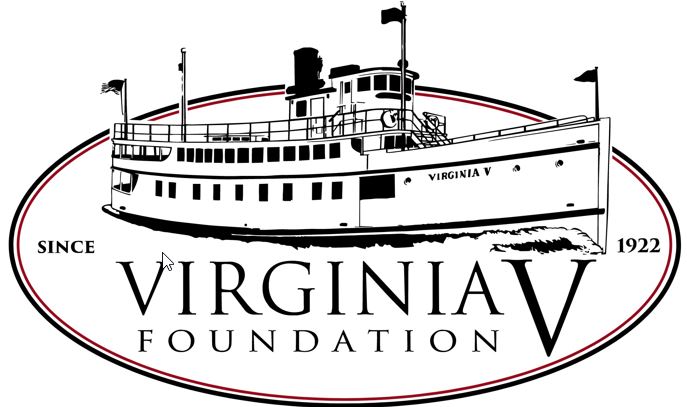Introduction
The casino industry, a vibrant sector filled with both opportunity and challenge, presents a unique landscape for independent casinos uk operators. One key element of this environment is the regulatory framework, including licensing requirements, which plays an essential role in maintaining integrity, ensuring fair play, and protecting consumers.
The Importance of Casino Licensing and Regulation
Casino licensing and regulation aren't mere formalities. They serve to uphold the credibility of the gaming industry, protect players from unfair practices, and deter illegal activities. Moreover, they ensure that operators adhere to a high standard of service and ethical conduct.
Major Licensing Jurisdictions
Several jurisdictions worldwide have established themselves as leading authorities in casino licensing and regulation.
The UK Gambling Commission
The UK Gambling Commission (UKGC) is renowned for its stringent regulations. Operators under the UKGC need to meet high standards of transparency, fairness, and player protection.
The Malta Gaming Authority
Another top-tier licensing authority is the Malta Gaming Authority (MGA). Their license is a seal of approval in the iGaming industry, indicating a secure, reliable, and law-abiding operation.
Gibraltar Regulatory Authority
The Gibraltar Regulatory Authority is also a heavyweight in casino regulation, providing a robust legal framework and strict standards for operators.
Challenges in Acquiring Casino Licenses
Securing a casino license isn't a walk in the park. Independent operators face several hurdles in their quest to obtain these essential credentials.
Rigorous Application Process
One of the first barriers is the intensive application process, often involving thorough background checks, business plan evaluations, and even personal interviews.
High Licensing Costs
The financial commitment required to obtain and maintain a license is another significant obstacle. Application fees, licensing costs, and ongoing charges can put a strain on smaller operators.
Compliance with Technical Standards
Casinos must also prove their games are fair, which often means rigorous testing of their Random Number Generator (RNG) software and other technical aspects of their platform.
Ongoing Regulatory Challenges
Even after acquiring a license, casino operators face continual regulatory challenges.
Maintaining License Standards
Regulatory bodies demand that operators uphold the standards that earned them their license in the first place, which can be a constant challenge given the day-to-day complexities of running a casino.
Regular Auditing and Reporting
Operators are also subject to regular audits and required to submit reports on their operations, which can be a time-consuming and costly exercise.
Navigating Regulatory Changes
Regulations are ever-evolving, and staying compliant requires operators to keep abreast of changes and adjust their operations accordingly.
Strategies to Overcome Regulatory Challenges
While these challenges can be daunting, operators can employ several strategies to navigate the regulatory landscape, such as staying informed about regulatory changes, implementing robust compliance procedures, and budgeting for the financial requirements of licensing and regulation.
Conclusion
The regulatory hurdles for independent casino operators are substantial, but they're an essential aspect of ensuring the integrity and trustworthiness of the casino industry. By understanding and effectively navigating these challenges, operators can maintain their operations on the right side of the law, ensuring their success in this dynamic industry.
Frequently Asked Questions
Why is casino regulation important?
Regulation helps maintain the integrity of the casino industry, ensuring fair and safe gaming for all players.
What is the role of licensing authorities?
Licensing authorities ensure operators meet certain standards of fairness, security, and business practice.
What challenges do independent operators face when applying for a license?
They often face rigorous application processes, high costs, and the need to comply with technical standards.
What ongoing challenges exist for licensed operators?
Licensed operators must maintain licensing standards, undertake regular audits, and navigate continual regulatory changes.
Can independent operators overcome these challenges?
Yes, by staying informed, implementing robust compliance procedures, and budgeting appropriately, operators can overcome these hurdles.
Which are some top casino licensing jurisdictions?
Some leading jurisdictions include the UK, Malta, and Gibraltar.
Do regulations differ across jurisdictions?
Yes, different jurisdictions may have varying regulations, and operators must comply with the rules set by their licensing authority.
Why is maintaining license standards crucial?
Maintaining standards ensures that operators continue to offer fair and secure gaming, which is essential for their reputation and survival in the industry.
Why are regular audits necessary?
Audits help verify that operators are running their business fairly and transparently, in line with regulatory standards.
How often do casino regulations change?
Regulations can change frequently, depending on advancements in technology, changes in societal attitudes, and the introduction of new legislation. It's important for operators to stay updated on these changes.
Open Ship Hours
Open Ship Hours
Thursday - Sunday 12pm-5pm
Location: Historic Ships Wharf at Lake Union Park in Seattle. Best street address is 860 Terry Ave. N. For more information about the park and the Historic Ships Wharf, visit this website: https://www.atlakeunionpark.org/
If you are a current or prospective charter client, please contact our Executive Director, Alicia Barnes, to discuss your plans and set up a private tour: info@virginiav.org.
And be sure to visit our YouTube channelto see virtual tours and other video content that Senior Docent Ed Brown has produced.
